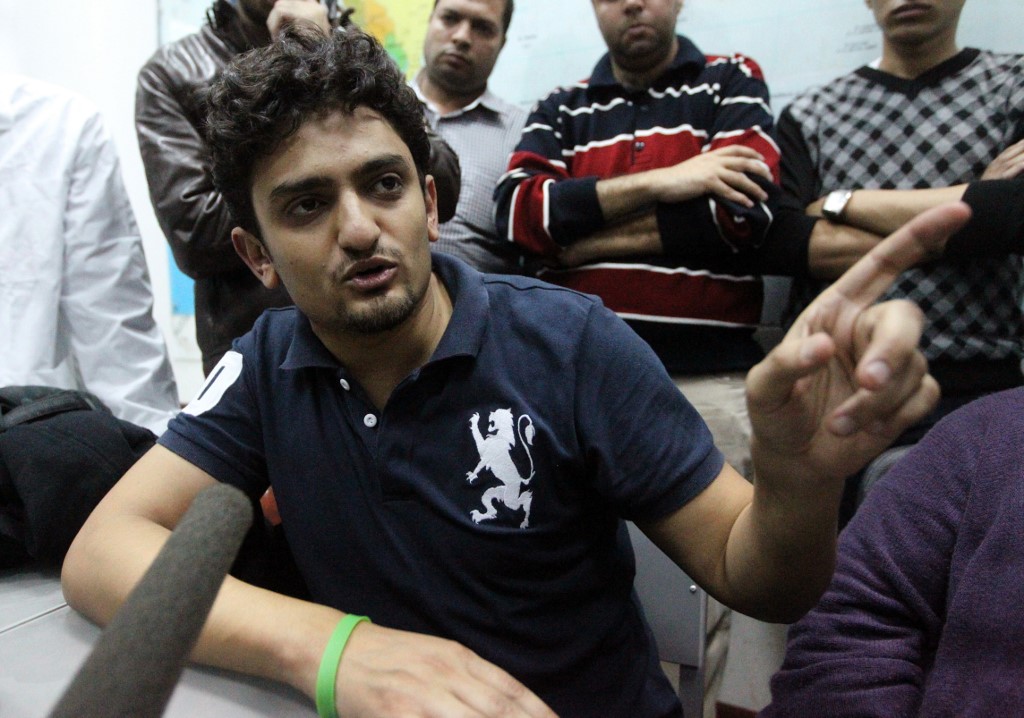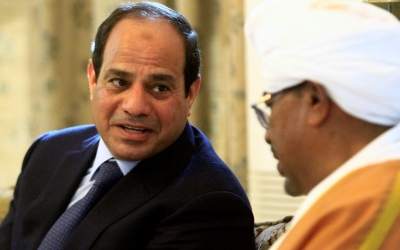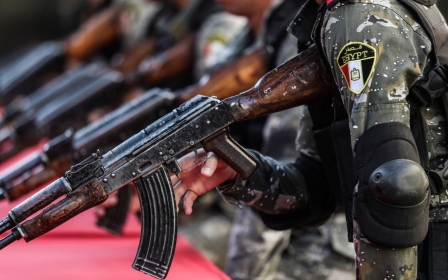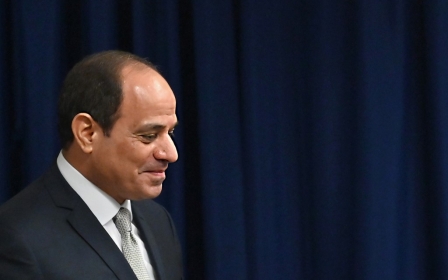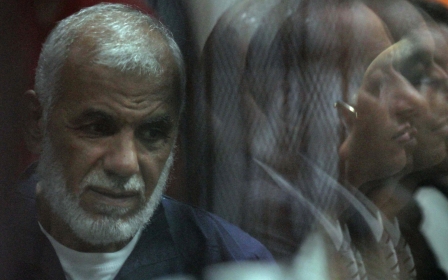Egypt's youth paid the price for the January revolution's defeat
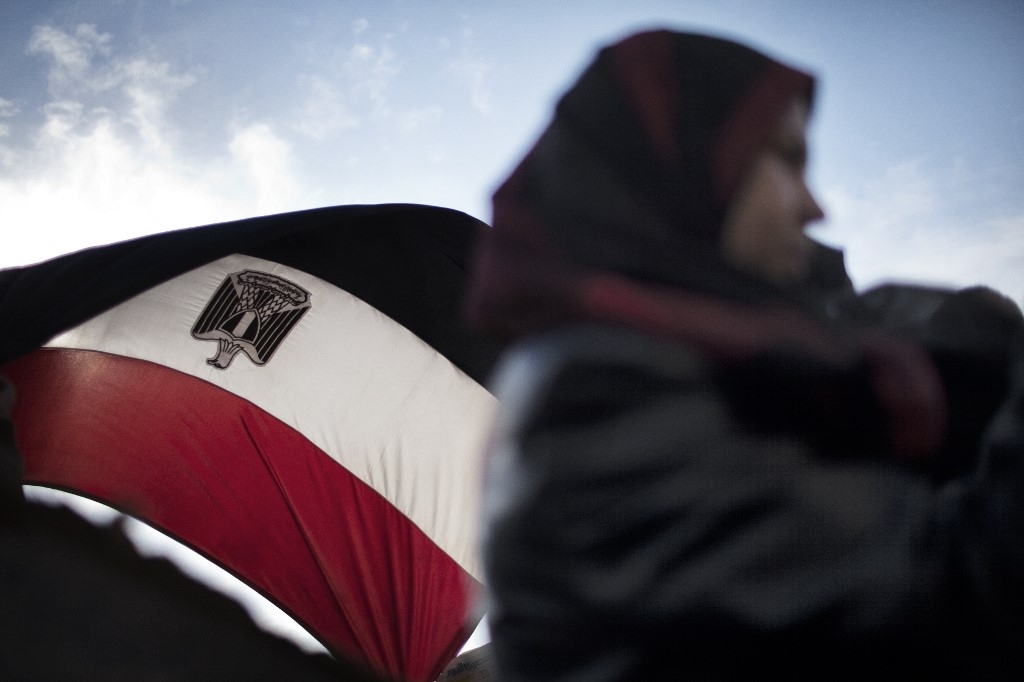
Years before the “Arab Spring” brought hundreds of thousands of Egyptians to the streets chanting for bread, freedom and social justice, Egypt’s youth had started their own revolution. Their tools: a keyboard, a blog and big dreams of change.
It was 2006. The Egyptian blogosphere was taking shape, prodded by Iraqi blogs that showed the real story of the US invasion of their country. It was an unadulterated space where governments had no control, and content was raw and personal - a space with no boundaries, no indoctrination and no censorship.
They have witnessed death, and they have experienced disenfranchisement, character assassination, coercion and accusations of treason against a country they would have died for
It was also the beginning of a political reawakening. The Kefaya movement had started mobilising, bringing together people from across the political spectrum to stop the country’s 30-year dictator, Hosni Mubarak, from handing the reigns of power to his son. “No to succession” was their mantra and the goal binding them together.
Alongside the potent, yet limited street movement, was this budding virtual movement helmed by bloggers of all persuasions. Some used their newfound sounding board as a platform to air political views and complement their grassroots work on hot-button political and social issues, such as human rights violations, police torture and sexual harassment; others used it as a public diary, recording their thoughts on triggering topics - hoping to provoke a conversation and a re-evaluation of their readers’ stances on taboos, such as atheism and sex.
More than anything, it was a moment of deep anticipation. The blogosphere electrified the mainstream media with the boldness of its unfettered discourse, and blindsided authorities with the speed at which its rising stars were migrating from the fringes to the media spotlight.
Stay informed with MEE's newsletters
Sign up to get the latest alerts, insights and analysis, starting with Turkey Unpacked
At the time, I was in London wrapping up my Masters degree in journalism with an online project where I interviewed more than 15 bloggers, some of whom garnered tens, if not hundreds of thousands, of followers on Twitter in 2011, when their dreams of change appeared to finally come true.
Back in 2006, one of them had plans to start a pro-democracy NGO to push for civil rights. Recently graduated from a US university and groomed to be an investment banker, he had no plans of spending his life crunching numbers in a high-rise with mirror windows. He had found his calling, and at 31, there he was in Tahrir Square, reaping the fruits of his on-and-offline activism.
'What will finally get us?'
Fast-forward to 2019, and this is an excerpt from his latest blog post - a comeback after having abandoned writing for years: “It feels as if we are all playing a game of ‘Genocide Bingo’. Which calamity will it be? What will finally get us and how much should we be concerned?”
When I recently reconnected with him on Twitter, contemplating a documentary revisiting the bloggers I had interviewed in what now seems like a lifetime ago, he shrugged off the idea. “If I were you,” he said, “I would do a different one. I would call it ‘Generation Anxiety’. All you have to do is choose six people you know, single, in their mid-thirties and film their lives for a week … just their habits, how they feel each day, the drugs they use and how they self-medicate. The damage requires no look backwards. It’s here. And that is a story worth covering.”
His words continue to haunt me. As a documentarian, I know it’s a story worth covering, but as an Egyptian, I don’t know if I can handle it. Egypt has indeed become a giant cell - one that hasn’t even spared those who left it, such as my blogger from 2006.
I recall Wael Ghonim, the ex-Google employee and administrator of the “We Are All Khaled Said” Facebook page that organised the January 2011 protests. His appearance on a talk show the following month captivated the nation with its authenticity - even innocence - on the evening he was released from a 12-day enforced disappearance by state security.
Then, I look at this page now, and monitor his colossal transformation on his Twitter feed - unravelled, unhinged and barely surviving what appears to have been a total psychological breakdown after the unjustified detention in Egypt of his brother, a dentist, whose only crime was that he shares DNA with Wael Ghonim.
Drop in the ocean
But what happened to Wael Ghonim is no surprise, and more importantly, not unique. The tsunami of counterrevolutionary activity that has plagued the country since the 18-day Tahrir Square sit-in, is in full swing.
The chronic list of human rights defenders and activists behind bars is a drop in the ocean of mostly Islamist detainees languishing in filthy, inhumane conditions, in violation of their basic right to due process.
The complete shutdown of press freedom is now legalised through a maze of gagging media laws that justify the blocking of thousands of websites. Another law uses the cover of counterterrorism legislation to target journalists and activists on social media sites, such as Facebook and Twitter, holding that any online platform with more than 5,000 followers will be considered a media outlet and subjected to the same draconian laws.
Authorities even banned patriotic songs by the iconic composer of Egypt’s national anthem, Sayed Darwish, at a government-sponsored performance. And behind the scenes, an overhaul of media ownership has bred a monstrous, well-oiled, modern-day, military-backed propaganda machine that not only suffocates the public sphere, but also reinforces a culture of self-censorship unparalleled in the worst days under Mubarak.
The margins of sanity
From the frontlines of revolution to the margins of sanity, this is a generation on the edge. They have witnessed death, and they have experienced disenfranchisement, character assassination, coercion and accusations of treason against a country they would have died for.
On 12 February 2011, Egypt’s youth were feted for their courage and resolve. But 10 years on, they have become a cautionary tale: detained or in self-exile, damaged beyond recovery, forever caged in their mental prisons. They may have survived death and violence, but can they survive an amputated spirit?
In a few biting words, poet Langston Hughes says it all:
“What happens to a dream deferred?
Does it dry up
like a raisin in the sun?
Or fester like a sore -
And then run?
Does it stink like rotten meat?
Or crust and sugar over -
like a syrupy sweet?
Maybe it just sags
like a heavy load.
Or does it explode?”
To the youth who died in 2011, rest in power. And to those who have come of age since, keep your eyes on the prize; your moment will come.
The views expressed in this article belong to the author and do not necessarily reflect the editorial policy of Middle East Eye.
This article is available in French on Middle East Eye French edition.
Middle East Eye delivers independent and unrivalled coverage and analysis of the Middle East, North Africa and beyond. To learn more about republishing this content and the associated fees, please fill out this form. More about MEE can be found here.



